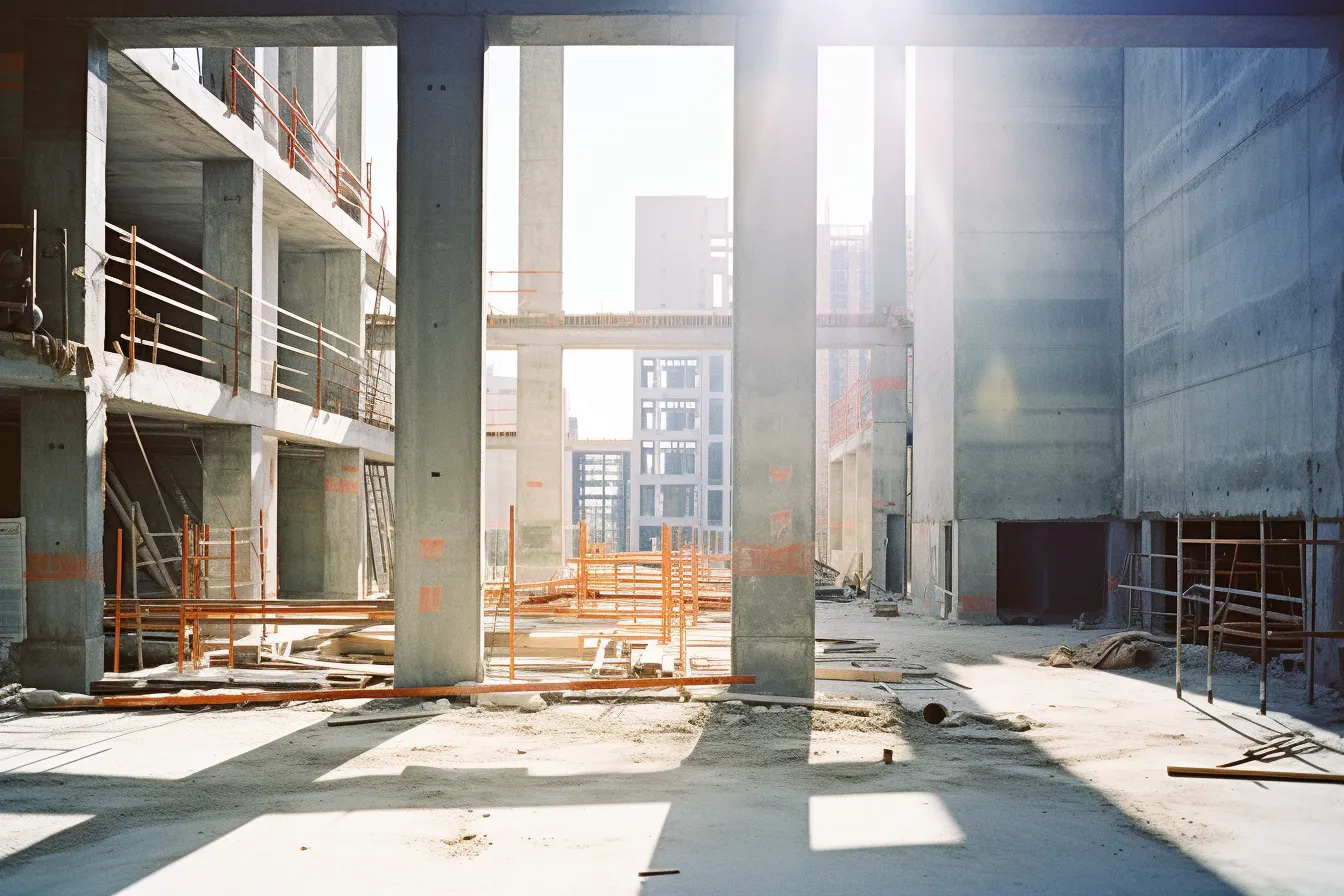The Versatility of Concrete Blocks
Concrete blocks have long been a staple in the construction industry, known for their durability and strength. However, their uses and advantages extend far beyond their traditional role in building walls. In this article, we will explore the various applications and benefits of concrete blocks, highlighting their versatility and potential in different settings.
1. Building Structures
One of the most common uses of concrete blocks is in constructing walls and structures. Whether it’s a residential home or a commercial building, concrete blocks provide a solid foundation that can withstand the test of time. Their composition and interlocking design allow for stable construction, making them ideal for load-bearing walls.
Concrete blocks are widely used in the construction of both exterior and interior walls. They offer excellent thermal insulation, helping to regulate temperature and reduce energy costs. Moreover, they can be easily customized with coatings or finishes to enhance their aesthetic appeal, making them a popular choice among architects and designers.
2. Retaining Walls and Landscaping
Aside from building structures, concrete blocks find extensive use in creating retaining walls and other landscaping features. Due to their weight and durability, they offer stability and support to prevent soil erosion, particularly in sloped areas.
Concrete blocks also allow for the creation of raised garden beds, terraces, and steps. These versatile blocks can be arranged in various patterns to achieve different designs, offering limitless possibilities for outdoor landscaping projects. With proper installation and maintenance, concrete block retaining walls can stand the test of time and add visual appeal to any landscape.
3. Sound Barriers and Privacy Walls
Another notable advantage of concrete blocks is their ability to serve as effective sound barriers. By constructing solid walls using these blocks, noise pollution from nearby roads, railways, or industrial areas can be significantly reduced. The density of concrete blocks absorbs sound waves, providing a quieter and more peaceful environment.
In addition to sound barriers, concrete blocks can also be used to create privacy walls in residential areas or to enclose outdoor spaces. Their solid structure and customizable design make them an ideal choice for homeowners who value privacy and security.
4. Fire Resistance and Safety
Concrete blocks have excellent fire resistance compared to other building materials. Their composition makes them highly resistant to heat transmission, making them a reliable choice for fireproof walls and buildings. This characteristic is particularly crucial in areas prone to wildfires or for buildings that require enhanced fire safety measures.
Furthermore, concrete blocks have a proven track record in terms of safety during natural disasters such as hurricanes or earthquakes. Their strong composition can withstand high winds and seismic activity, providing stability and protection to occupants.
5. Sustainability and Cost Efficiency
Concrete blocks are not only versatile and durable but also environmentally friendly. They can be made from recycled materials and have a longer lifespan compared to other construction materials. This makes them a sustainable option that reduces waste and contributes to a greener future.
Additionally, concrete blocks are cost-effective due to their ease of installation and low maintenance requirements. They are readily available in the market, offering a cost-efficient solution for various construction projects. With their longevity and resistance to wear and tear, concrete blocks offer a long-term investment that can save both time and money.
In conclusion, concrete blocks go beyond their traditional use in walls and have proven to be a versatile construction material with numerous advantages. From building structures and retaining walls to sound barriers and fire-resistant walls, their applications are vast and varied. With their durability, strength, and customizable features, concrete blocks continue to be a reliable choice for architects, contractors, and homeowners alike.
